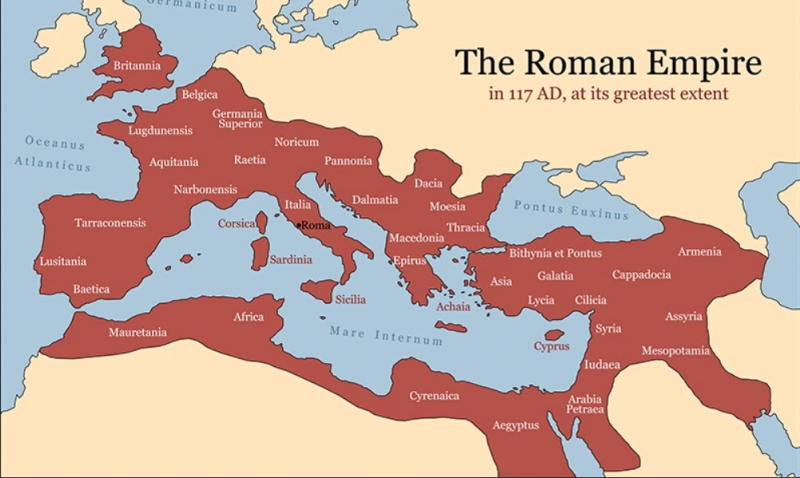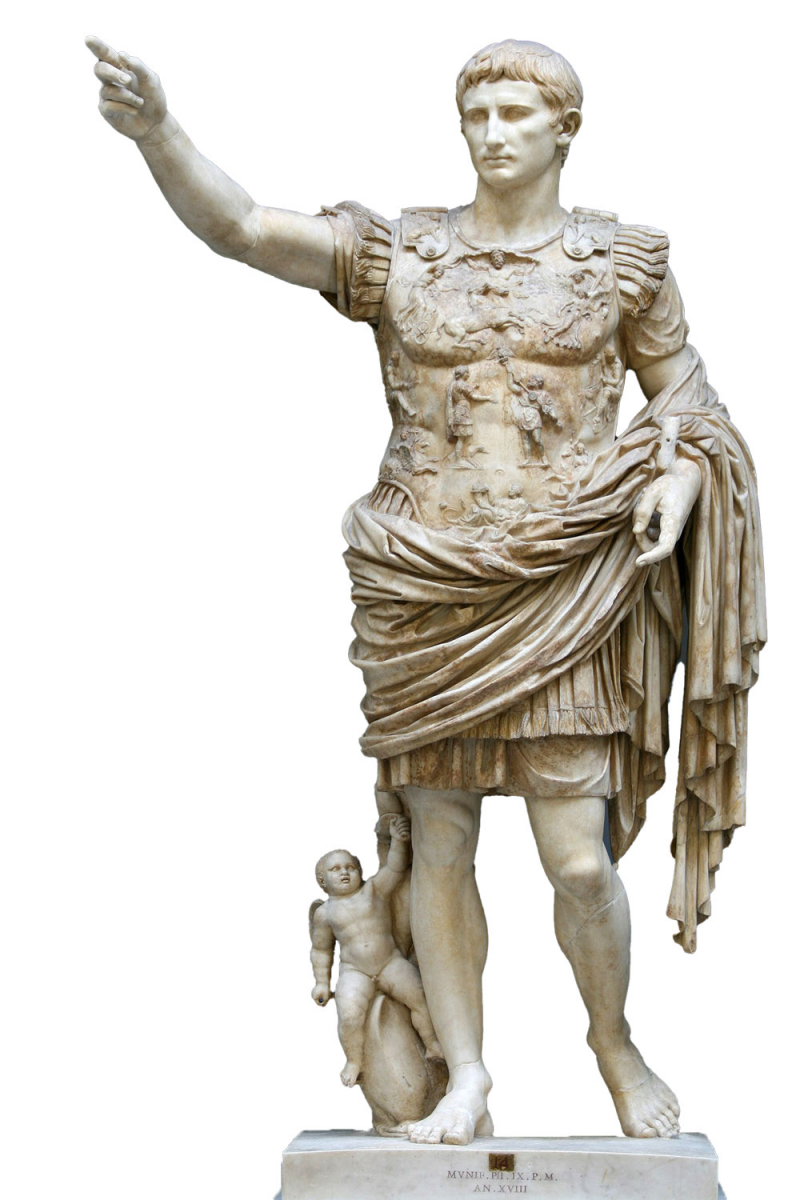The establishment of the Roman Empire
One of the most important events in Ancient Rome is the establishment of the Roman Empire. The Roman Empire was ancient Rome's post-Republican period. It was a state with extensive territorial holdings in Europe, North Africa, and Western Asia surrounding the Mediterranean Sea, controlled by emperors. It was principate from the accession of Caesar Augustus as the first Roman emperor through the military anarchy of the third century, with Italy as the metropole of its provinces and Rome as its single capital. Later, the Empire was ruled by a number of emperors who shared power with the Western and Eastern Roman Empires.
Rome remained the nominal capital of both parts until AD 476 when the imperial insignia were transferred to Constantinople following the invasion of Ravenna by Odoacer's Germanic barbarians and the consequent deposition of Romulus Augustulus. The acceptance of Christianity as the Roman Empire's state church in AD 380, followed by the fall of the Western Roman Empire to Germanic kings, is traditionally seen as the end of classical antiquity and the beginning of the Middle Ages. Historians refer to the medieval Roman Empire that survived in the Eastern provinces as the Byzantine Empire due to these events and the gradual Hellenization of the Eastern Roman Empire.













